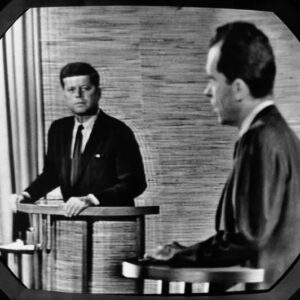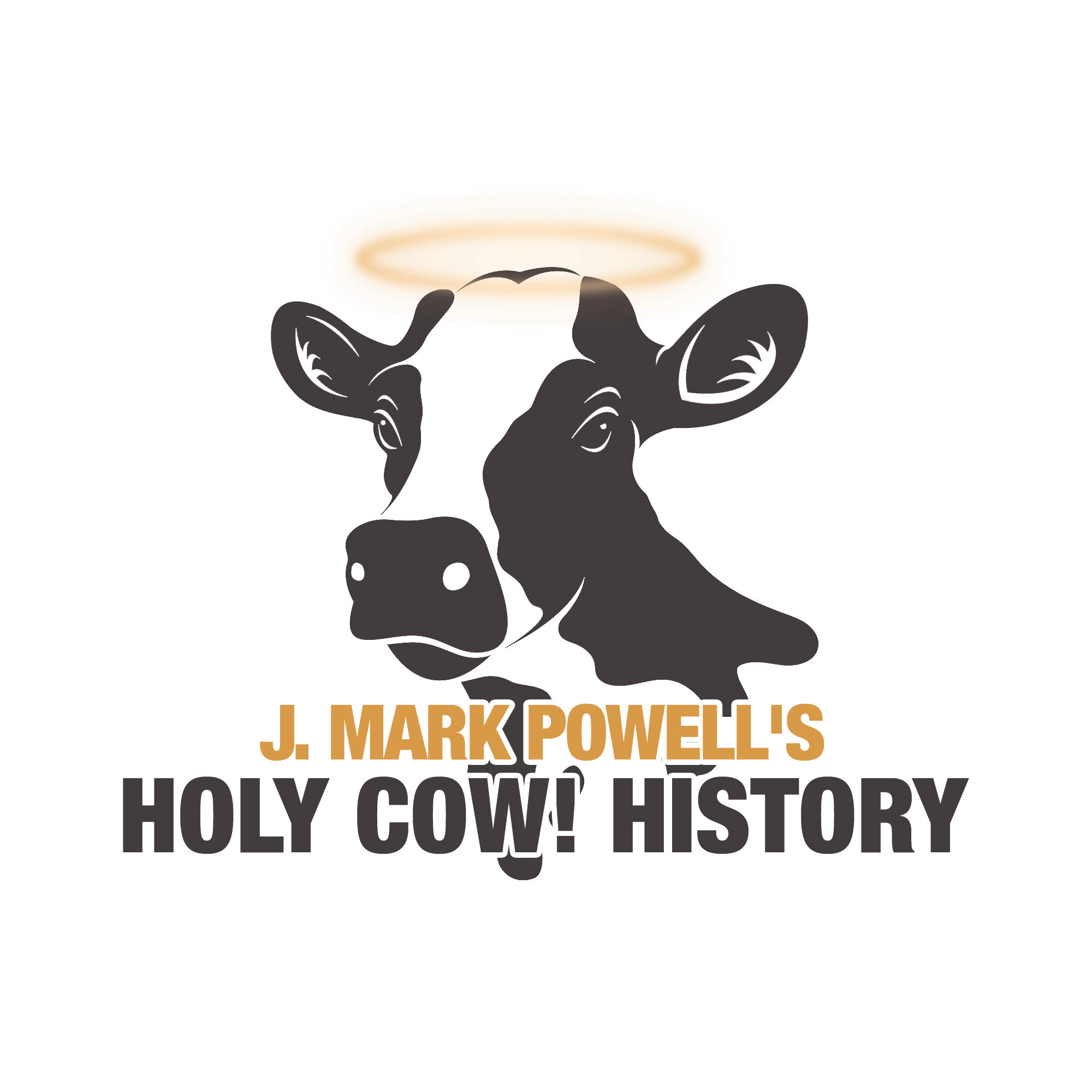The drama surrounding the coming August 23 Republican presidential debate is a reminder of how high the stakes can be when candidates face off in front of the nation. Just how much do you know about these all-important encounters in America’s political past? Test your knowledge with this short, fun quiz.
1. What is generally considered the forerunner of today’s modern debates?
A. The 1787 debate over the U.S. Constitution
B. The 1858 Lincoln-Douglas debates
C. The 1902 debate over the Panama Canal
D. None of the above
Answer: B. Democrat Stephen Douglas and Republican Abraham Lincoln squared off in seven debates during their Illinois U.S. Senate seat contest, each lasting three hours(!).
2. When the tradition was revived in the landmark 1960 Kennedy-Nixon debates, a new element was added with the arrival of what technology?
A. Newspapers
B. Radio
C. Television
D. Satellites
Answer: C. Though television was still in its infancy, a survey found voters who listened to the debates on the radio thought Richard Nixon had won, while TV viewers gave the win to John F. Kennedy. That played a decisive role in November’s presidential election, one of the closest in U.S. history.
3. Presidential debates went on hiatus until being revived by Gerald Ford and Jimmy Carter in 1976, with a new wrinkle added. What was it?
A. They were shown in movie theaters
B. They were broadcast in the Soviet Union
C. They were held weekly until Election Day
D. They included a vice-presidential debate
Answer: D. Democrat Walter Mondale debated Republican Bob Dole in the first such encounter between running mates.
4. A major squabble in the 1980 campaign upset the entire debate schedule, resulting in incumbent Jimmy Carter skipping the first contest. What was the source of the disagreement?
A. Allowing an independent third candidate to participate
B. A dispute over the moderator
C. Argument over the panel that would ask questions
D. A delay in televising the debate
Answer: A. The League of Women Voters, which hosted the event, allowed independent candidate John Anderson to participate. Carter skipped it in protest, leaving Anderson and Republican Ronald Reagan. After intense negotiations, Carter and Reagan debated one on one on Oct. 28, one week before Election Day.
5. During their second debate of the 1984 presidential election, incumbent Ronald Reagan pledged he was “not going to exploit, for political purposes,” his opponent Walter Mondale’s …
A. “Liberal political record.”
B. “Questionable business practices.”
C. “Youth and inexperience.”
D. “Decision to avoid the draft.”
Answer: C. Reagan was 73, which, at the time, was considered old. His poor performance in the first debate raised the age issue. Mondale later said that after Reagan delivered that line, he knew the election was over. Reagan went on to win 49 states.
6. During a vice-presidential debate, Sen. Lloyd Bentsen, D-Texas, told his opponent, “Jack Kennedy was a friend of mine … you’re no Jack Kennedy.” He was speaking to:
A. George H.W. Bush
B. Paul Ryan
C. Ted Kennedy
D. Dan Quayle
Answer: D. Sen. Dan Quayle (R-Ind.) was 41 when 1988 GOP nominee George H.W. Bush tapped him to be his vice president. When asked if he had the experience to serve, Quayle invoked the example of JFK — perhaps one time too many.





